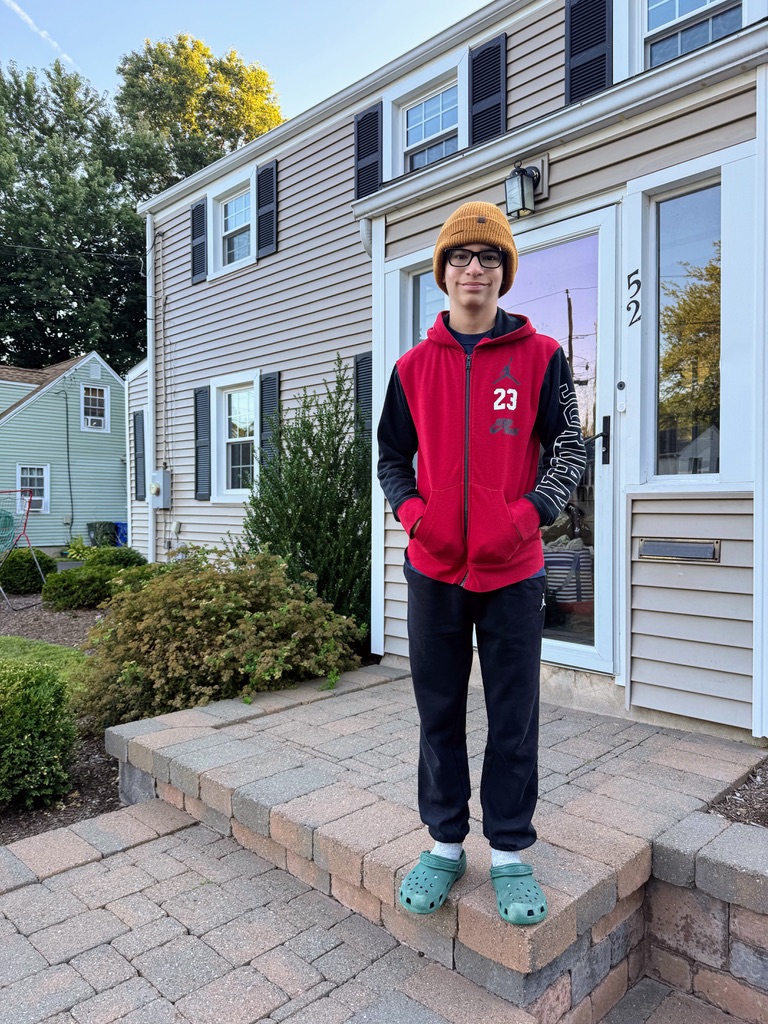Bill Murray on the Howard Stern show:
Howard Stern: “Who teaches you to tell a story? Is it something you are born with?”
Bill Murray: “No, I don’t think you’re born with it. You have to hear stories and you have to live stories. You have to have a bunch of experiences and be able to say ‘Here’s something that happened to me yesterday….’ And if you can make people laugh by telling them what happened to you, then you are telling the story well. So that’s what I learned in improv…. But you have to live to have the stories. You need the experiences.
I couldn’t agree with Bill Murray anymore.
The part of his answer that resonated the most with me was the idea that you can ask yourself what happened yesterday, and if it was the right kind of day and you choose the right moment from the day, you may find yourself with a great story.
I teach my storytelling students how to generate stories from their everyday lives, and while many of my former students have gone on to become accomplished storytellers who perform at shows like The Moth and Speak Up, the part of my workshop that so many people find most valuable is the training they receive in finding and nurturing stories from their own lives.
At the conclusion of a recent workshop, one of my students said, “I feel like I’m a more important person in the world now. I don’t see myself as living day to day anymore. I see my life as a series of stories inside one bigger story.”
I admittedly got a little weepy when she told me this.
Another storyteller recently said in regards to finding stories in her life:
“It’s like I can see the air now.”
Since I began storytelling a little more than three years ago, I have told more than 40 different stories on the stage. Only a handful of times have I repeated a story on the stage. Almost every time I take the stage at The Moth, Speak Up, or any other venue or show, I am telling a new story for the first (and quite possibly the last) time.
This is because my list of story ideas (kept on an Excel spreadsheet in an insanely organized and data-driven way) currently stands at 178.
My storytelling students and my fellow storytellers think that 178 is an impossible number. An insane number. They assume that most of the ideas will not result in good stories. Many think that I am simply throwing everything at the wall, hoping for something to stick.
This is not the case.
Proof:
One of the things I do in workshops is allow my students to randomly choose an idea from the list so they can watch me begin to craft the story onstage. It’s an awkward and difficult process for me, not having a plan of any kind before beginning to speak, but my students have found this extremely helpful when it comes to crafting their own stories. It’s the closest I can get to allowing my students into my brain to see how I work, and the process has been extremely well received (even though I kind of hate it).
I’ve done this many times over the course of the past two years, and my students have never found an idea on my list that I wouldn’t make a good story.
I’ve also won 15 of the 26 Moth StorySLAMs in which I have competed over the last three years, and I’ve finished second in seven others. I’m not trying to brag but rather demonstrate that despite the large number of stories that I’ve told and that I have yet to tell, I’m not telling duds.
I’ve just got a lot of stories.
Part of the reason for this is my ability to recall my past, including my childhood, in great detail. I have a very good memory.
Part of the reason for this is the exceedingly unfortunate, unusual, and difficult life that I have led.
My wife credits my long list of stories to the way that I view my life through the lens of story.
Regardless of how you view life, how well you can recall the past, or how eventful (or uneventful) your life has been so far, I believe that if you use the strategies that I teach and class and practice my exercises regularly, you will find a multitude of interesting stories in your life.
And when you find and cultivate these stories, even if you have no intention of every taking the stage to tell them, I think my former student is right:
You will feel like a more important part of this world. Your life will gain weight and heft. You will better understand the amount of gravity that you exert upon your environment and the people around you.
You need not be a storyteller to enjoy these blessings.



